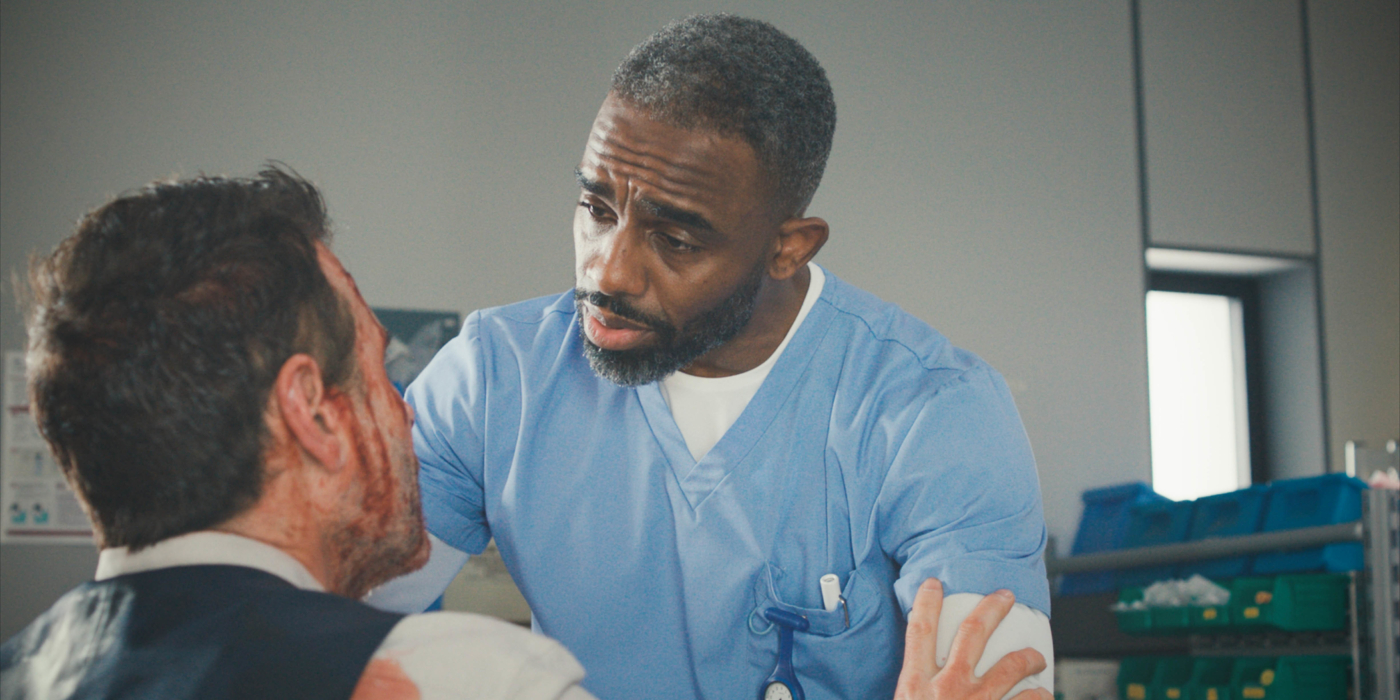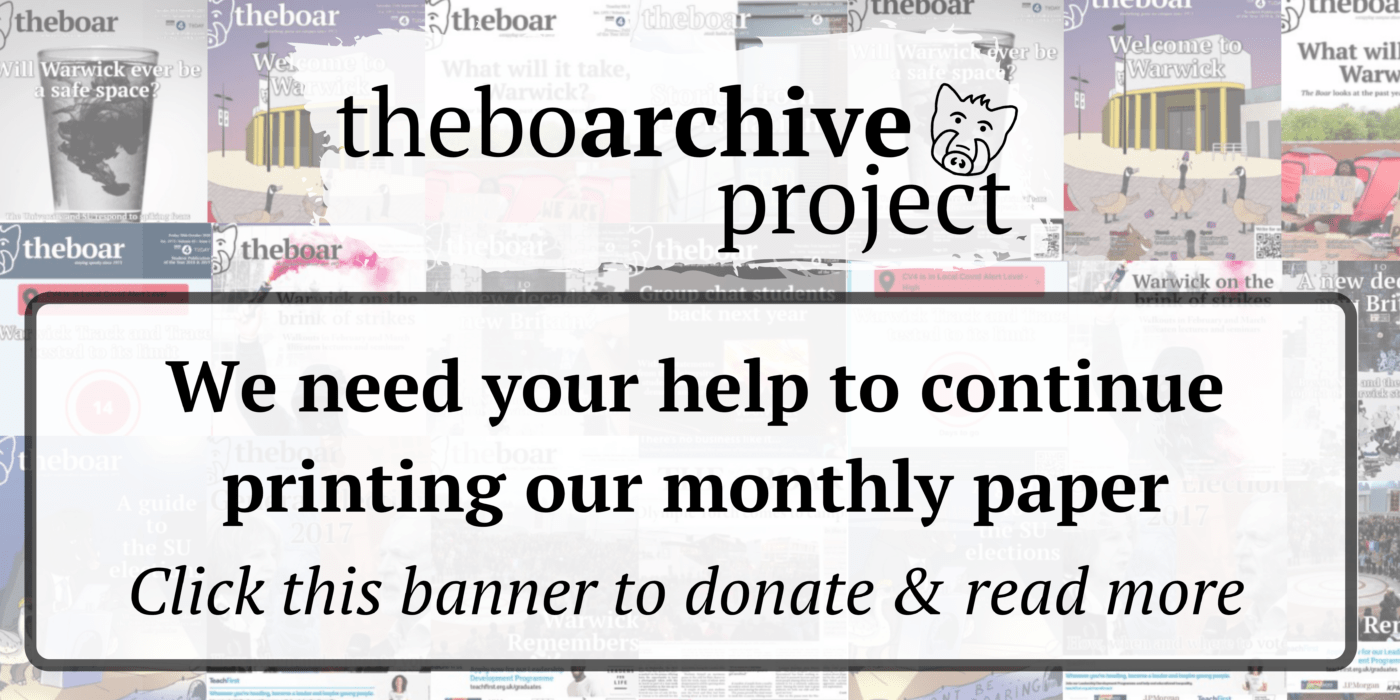Fear, Fatigue and Fixation: The Obsession with Health TV Programmes
Content Warning: Discussion about Covid-19 lockdown and health tv shows/documentaries
Health is a subject that inspires fear or fatigue, depending on your circumstances. As we all age, the health problems we must consider will naturally increase. For those with chronic illnesses, being able to perform basic tasks might not be something that comes easily. With gym going, wellness and exercise encouraged, individuals recognise the importance of staying active, even if eating your five a day is not always achievable.
the format was always predictable, involving some clever stunt accident, a family discovery and a health official saying ‘tachycardia’
It should be unsurprising then that health programmes garner such large audiences and widespread interest. Covering both documentary and drama genres, the obsession with life and death situations in hospitals has been a firm favourite for audiences on repeated occasions. Perhaps it is because such dramas explore the very definition of what it means to be human, as individuals find themselves facing true mortality.
The thrill such health dramas bring cannot be denied. For many years, I watched Casualty on BBC One every Saturday night. Even though the format was always predictable, involving some clever stunt accident, a family discovery and a health official saying ‘tachycardia’, I was always gripped from start to finish. Sometimes, this would be over whether a character pulled through and overcame their health story. More often, it was for the constant presence of the hospital staff from episode to episode.
Labelled key workers and Covid heroes during the pandemic, regular rounds of applause every Thursday at 8pm took place at the height of lockdown
Indeed, humans, unsurprisingly, enjoy human interest stories. Broadcasting networks like Channel 4 have taken advantage of this, with an array of documentaries related to life in hospitals. Shows like One Born Every Minute, 999: What’s Your Emergency? and 24 Hours in A&E ground the specific health in the lives of real people. Whether it’s expecting a new family, going through a health crisis or a long-term chronic challenge, viewers may often be seeing their lives reflected back at them.
Health documentaries are far more grounded in realism than any hospital drama. When a writer is constructing a script, there is unsurprisingly the tendency to be melodramatic and go far beyond what could ever truly happen in any reality. As such, documentaries, by their very nature, are fantastic because they cannot be scripted. The human value and outcome are far more honest and therefore inherently satisfying.
The British public isn’t united on many things, but admiration for doctors, nurses and healthcare staff generally is one of the few glimmers of agreement. Labelled key workers and Covid heroes during the pandemic, regular rounds of applause every Thursday at 8pm took place at the height of lockdown. That is reflected in the dramas and documentaries, where workers, often on fairly standard wages, delivered human empathy to people at the toughest periods of their life.
For as long as humans are mortal, stories about our existence and survival will never be far from the public realm
There is also the desire to see an outcome with regards to the patients and their safety. Since 2017, the BBC have broadcast the landmark documentary series Hospital, which has detailed life at Britain’s major hospitals. Interviewing healthcare staff as they are in their role alongside different patients, painted a powerful, tough, moving picture of life in the toughest of conditions. At each episode’s conclusion, a follow-up message detailing the present condition of the patients would be explored and movingly conclude their story.
Of course, such dramas have to be careful in avoiding being exploitative. For documentaries, patient consent for appearing will have no doubt been reached, with this ensuring individuals feel involved and can determine whether their story is told. Similarly, workers in the NHS no doubt have to be careful and considerate about their wording for what is revealed and how to ensure professionalism is maintained.
The popularity of health programmes has evidently not diminished despite the fatigue most feel from the Covid-19 pandemic. When Holby City – the sister show of Casualty – concluded on the BBC this March, there was much anger, with a change.org petition calling for the show to be saved reaching 30,000 signatures. Why? Because of the empathy of the characters and storylines. While health dramas may never quite reach the same height as documentaries, there is a demonstration that health universality is key. For as long as humans are mortal, stories about our existence and survival will never be far from the public realm.


Comments